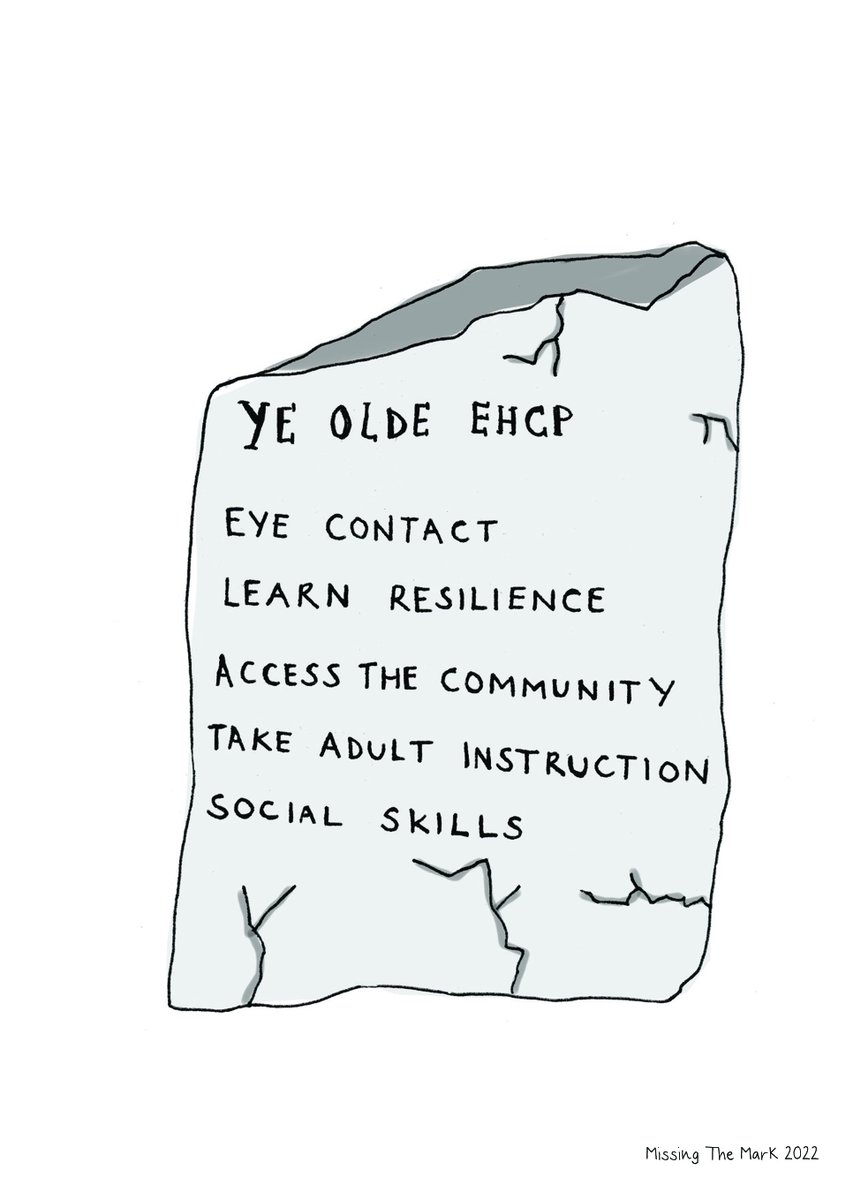
Naomi Fisher
@naomicfisher
Followers
44K
Following
3K
Media
207
Statuses
9K
Clinical Psychologist. Author. Speaker. Website: https://t.co/lNP61HBdr2. Substack: https://t.co/jZKGYJJB3I. https://t.co/63niN1wCwO.
Devon, England
Joined November 2013
When I tell people that I work with children and families who have problems at school, they often nod and look sympathetic. 'Bullying is terrible', they say. Yes. It is, but it's not bullying I hear about most. Here's what families tell me. (with @_MissingTheMark) 1/
187
1K
5K
@GradeScience Learn that others won't help when they are in need? I guess that depends on how you see the world.
24
19
3K
I'm a trauma therapist and I work with families of children who are not fine at school. The more stories I hear, the more I am concerned that the strategies which are being used to apparently 'help' can make things worse rather than better. (with @_MissingTheMark) 1/
72
633
2K
When a child is struggling at school, often they are seen by professionals (like me!) who assess, write reports and make recommendations. As this process goes on, something strange happens. Here's what it is (with @_MissingTheMark) 1/
137
639
2K
'Be More Resilient'. As a psychologist, it was a surprise to me when parents started telling me how much they hated the word 'resilience'. To me it sounded like a good word, an empowering one. Not to them. Here's what they tell me. (with @_MissingTheMark) 1/
119
684
2K






